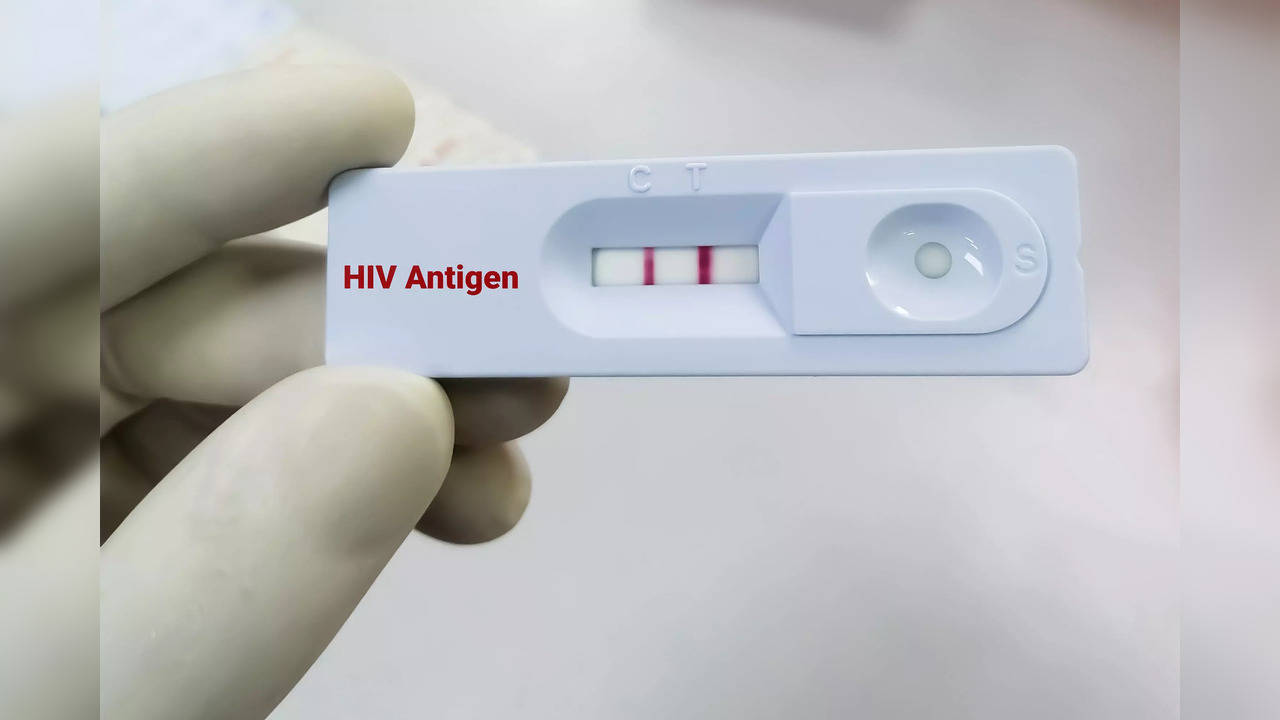The 14 children received transfusions at private and district hospitals and sometimes locally when urgently needed.
Updated on October 24, 2023 | 07:58 AM UTC
14 children in UP hospital contracted HIV and hepatitis after blood transfusion (representative photo)
Kanpur: Fourteen children tested positive for infections including hepatitis B, hepatitis C and HIV after receiving blood transfusions. The incident was reported from the government-run Lala Lajpat Rai (LLR) Hospital in Kanpur.
The 14 children received transfusions at private and district hospitals and sometimes locally when urgently needed. The IANS report quoted doctors as saying that children with thalassemia who would have needed blood transfusions are now at greater risk.
Officials at the hospital said the donated blood was supposed to be procedurally tested for the virus, but was ineffective and may have been behind the incident. The source of infection itself can be difficult to pinpoint, they added.
Arun Arya, director of paediatrics at LLR and nodal officer at the centre, said this is cause for concern and shows the risks of blood transfusion.
“We have referred hepatitis patients to the gastroenterology department and HIV patients to the referral center in Kanpur,” he said.
180 thalassemia patients receive blood transfusions at the center, and each patient is screened for viral diseases every six months.
Among the 180 patients were 14 children aged 6 to 16 years. Of the infected children, seven tested positive for hepatitis B, five tested positive for hepatitis C and two tested positive for HIV, Arya said.
The children come from different parts of the state, including Kanpur city, Dehat, Farrukhabad, Auraiya, Etawah and Kannauj.
Arya said the blood transfusion was done during the window period. “This appears to be the case because children who are already battling a serious problem now face greater health risks.”
According to him, when someone donates blood, the blood is tested to ensure it is safe for use. However, there is a period of time after infection when tests cannot detect the virus, known as the “window period.”
“Doctors should vaccinate children against hepatitis B at the time of blood transfusion,” he added.
“District-level officials will trace the source of infection as per the viral hepatitis control plan. The team will look for places of infection of hepatitis and HIV,” said a senior official of the Uttar Pradesh State Health Mission.
(Inputs from IANS)

